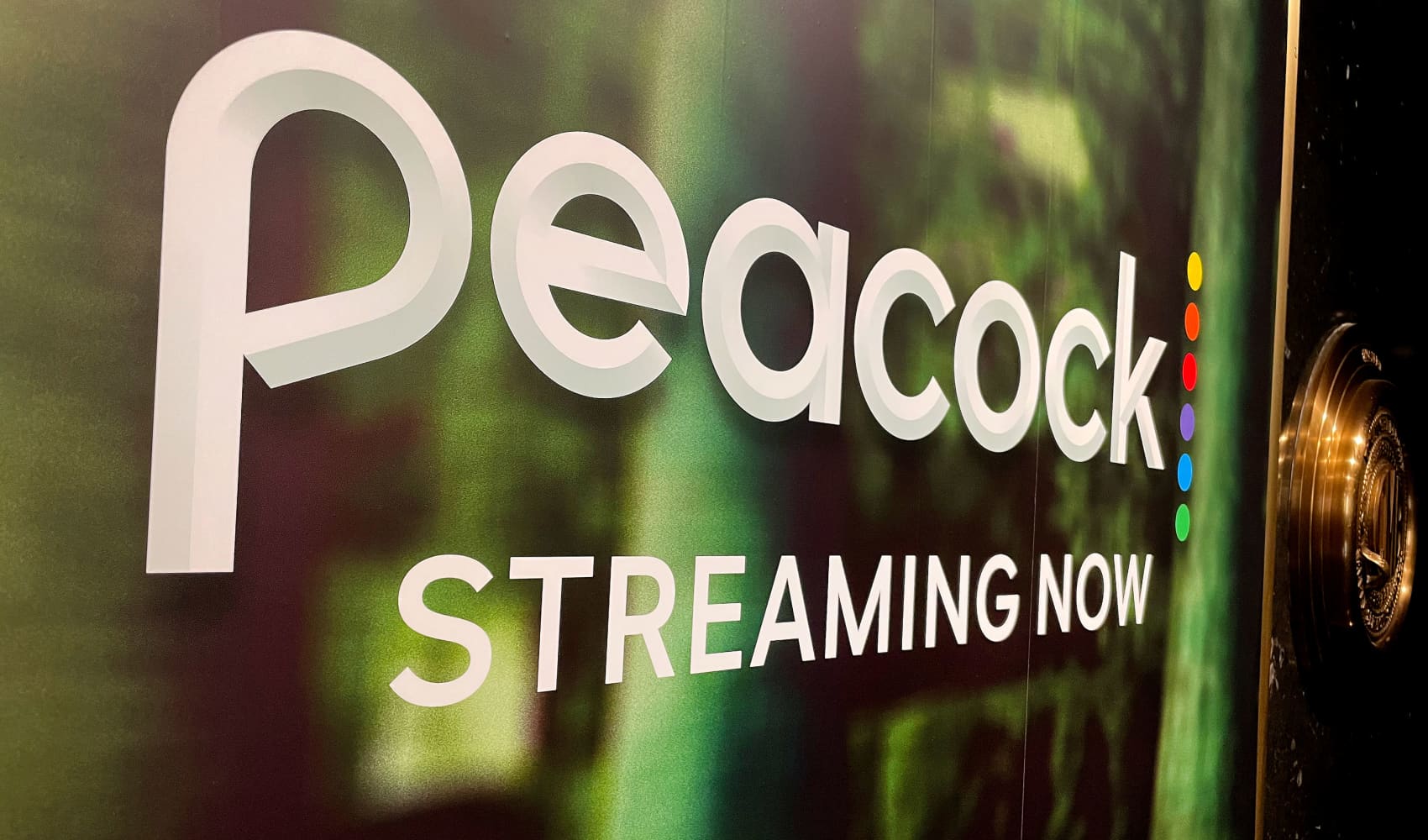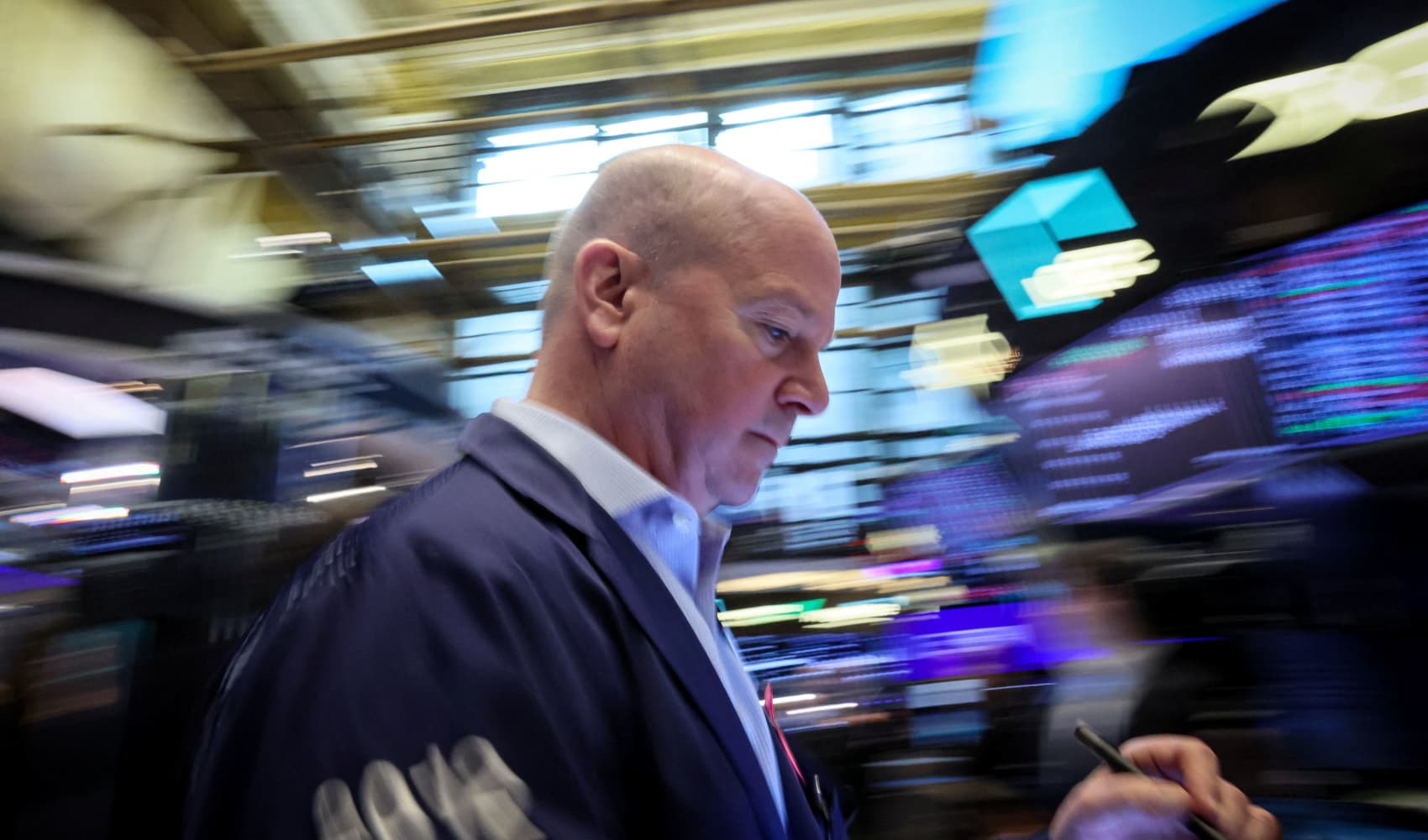
The oldest members of Gen Z are just a few years into being part of the workforce, and they're already being stereotyped as lazy. (Sound familiar?)
So far, they've been billed as entitled quiet quitters hell-bent on upending traditional workplace norms by sharing salary numbers or redefining business casual or outright rejecting the idea of contributing to capitalist systems.
To put it bluntly, they're killing hustle culture, the phrase prescribed to millennials who burned themselves out climbing the corporate ladder, or trying to launch their own business, in a post-recession era.
Or, at least, that's what some people think.
Feeling out of the loop? We'll catch you up on the Chicago news you need to know. Sign up for the weekly Chicago Catch-Up newsletter here.
As it turns out, Gen Zers are every bit as ambitious, and even more anxious, as the overworked millennials before them, but they're redefining what success looks like at work and in life. Hustle culture isn't dead — it's just getting a Gen Z rebrand.
Making ends meet
Call it optimism or entitlement, but Gen Zers are bullish on their starting salaries: The average college student expects to make $84,855 one year after graduation — 52% more than the average starting salary of $55,911 — according to a March survey of 1,000 undergrads by Clever, a real estate data company.
Money Report
But those high salary expectations may be fueled by rampant inflation and anxiety.
An overwhelming majority, 83%, of graduating seniors say rising inflation and living costs are making them adjust their post-graduation plans, according to a recent ZipRecruiter survey of more than 2,000 recent college grads. One day job and salary isn't enough, they say: While 70% plan to have a full-time job in the coming year, more than 9 in 10 expect to take on some form of "side hustle," whether prompted to do so by inflation or for other reasons.
Jade Walters, 23, lives in Chicago and works a 9-to-5 she enjoys in early-career recruitment. Still, she says, "This is not the life I thought I would be living once I graduated. I thought a full-time job with full-time pay would be more than what it actually is. After taxes and bills, it's not enough."
Walters, like many of her peers, has a side hustle: The Ninth Semester, a Gen Z career resource. She's yet to monetize it in a meaningful way that would help cover her bills, she says, and stops short of saying she plans to turn it into her full-time job.
The death of the career ladder
If there's one thing losing its meaning among Gen Z workers, it may be the idea of the traditional career ladder, says Martha Bird, a business anthropologist at ADP. Following a straightforward, upward trajectory is no longer a realistic, or ideal, framing of success. Instead, young workers are prepared to move laterally, up, down and around, she says, "with a common theme of a sense of purposefulness at the center of it all."
"Honestly," says Walters, "when I think of my peers and Gen Z, I don't hear anyone talk about corporate success or climbing the corporate ladder."
Entering the job market during Covid has led young professionals to be more cautious around work and money, but also open to different ideas of how to make a living. "The idea that you work 9-to-5 for a single employer is not a stability play for them. It's a risk play, based on their own life experiences," Bird says.
DeAndre Brown, 24, in Los Angeles, saw many of his early-career peers face job insecurity during the pandemic economic rebound. He quit his corporate job in May 2022 and has since made his money as a social media influencer. He also launched a consulting business to help companies attract and retain Gen Z employees.
"Working a 9-to-5 offers temporary security and not always long-term security," Brown says. "You can be dropped at the snap of a finger."
Brown's striking out on his own aligns with what Bird refers to as Gen Z's values around "personal calculus, a desire for autonomy, a commitment to personal growth and insistence on flexibility." As Gen Zers gain ground in the labor force, it's likely those values will flow through other generations of workers, too.
Today's hustle culture may be less about working to the point of burnout for an employer in order to move up the corporate ladder, Bird says, and rather a "confidence in being able to patch together a portfolio of jobs that ultimately allow for greater freedom and a greater sense of meaningful purposefulness for the self."
Young people say passion projects provide what day jobs can't
Many Gen Zers don't see achieving their dream careers by climbing the corporate ladder — they'd rather build their dream careers themselves.
Walters estimates 1 in 5 of her peers is trying to launch their own business, a sign that hustle culture is "evolving," from her point of view. Hustling isn't so much about killing yourself at your 9-to-5, she says, but pursuing passion projects that provide what day jobs may not — creativity, fulfillment, and sometimes, extra money to pay the bills.
As your own boss, Walters says, "You're pouring into yourself and you're investing in yourself."
She sees it as a security play, too: "Companies will literally fire you, they don't care how long you've been there or what you've done. When you create something for you, you can't get fired."
Meanwhile, the internet and social media age means there's never been as many opportunities, or access to opportunities, to make money online, says Brown. He adds that it's a misconception that young people experimenting with different projects aren't serious about their version of success. "When you're young, it looks like you're goofing off, but you could be working on something beautiful that people just haven't conceptualized yet."
For Brown, "success now looks like doing something I'm passionate about, and not just what I feel forced to do."
Hustling while preserving their mental health
To be sure, plenty of young professionals are continuing the tradition of overworking for questionable gain.
Gen Z workers between 18 and 24 work an average of 8½ hours of unpaid overtime every week after hours, on lunch breaks and over the weekend, according to ADP data. That's one hour more of overtime compared with 45- to 54-year-old workers, and three hours more than workers 55 and older.
On the one hand, overworking could be a form of self-preservation. This generation entered the workforce during the pandemic and continues to hear news of layoffs swirling by the day, so overperforming may help them feel like they're building up some job security. On the other hand, though, those overtime hours are making Gen Z workers feel more stressed than colleagues of other generations, per ADP.
For those who don't have entrepreneurship on their career map, plenty of today's young workers still vie for highly competitive and stressful jobs, but they prize mental health even in those environments.
One Handshake report from May 2022 found in job listings for high-stress and competitive roles, like in investment banking or management consulting, positions that mention mental health and wellness in the job descriptions saw more than twice as many applications as similar job posts that didn't mention those things.
Gen Zers are less obsessed about the separation of their personal versus work lives, says Christine Cruzvergara, the chief education strategy officer at Handshake. Instead, "This generation thinks about their life holistically," she says, which includes advocating for their mental health and flexible work arrangements that support it.
As Walters in Chicago sees it, the rebrand of hustle culture is more about finding a good-enough job that allows you to have a fulfilling life off the clock. "A job can fund your lifestyle to do fun things, but people want time to live their lives. You lose yourself when you're always working. But if you're in a role where you really like it, with great work-life balance, it makes you excited."
"I think hustle culture is still there, it's just not as insane," she adds. "You're putting in the work to have an easier life."
Want to be smarter and more successful with your money, work & life? Sign up for our new newsletter!
Get CNBC's free report, 11 Ways to Tell if We're in a Recession, where Kelly Evans reviews the top indicators that a recession is coming or has already begun.
Check out: Top 3 cities for new grads: 'I can afford the house I want and the life I want'






